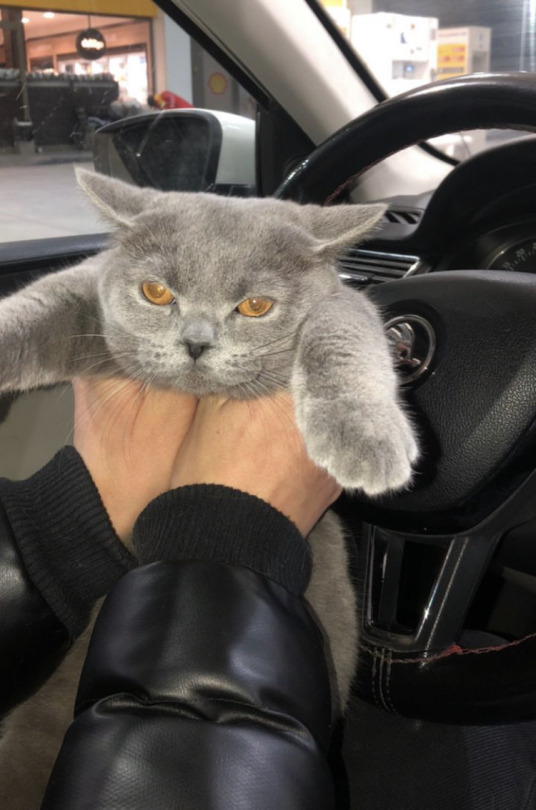#pet animals
Text
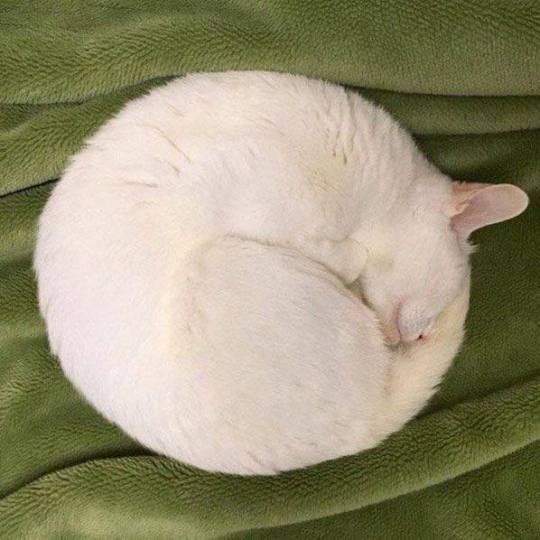

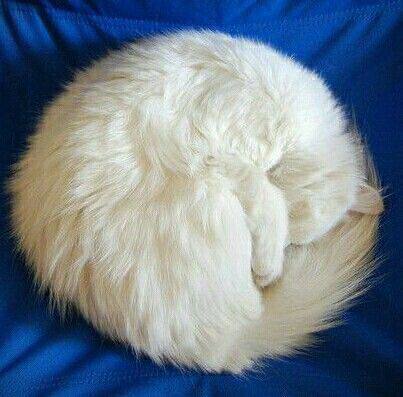
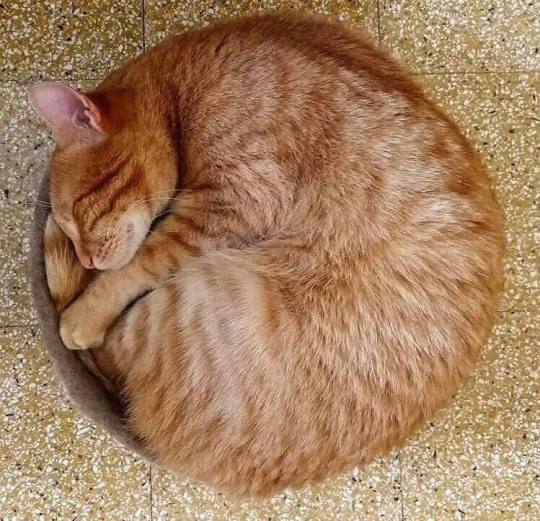


#cat#suomi#today on tumblr#cute animals#animals#light#cute guy#cute cats#my cat#caturday#cat lovers#cats of tumblr#fluffy cat#o#pet animals#petfinder
6K notes
·
View notes
Text
Lazy rabbit picture featuring Leia 🐇

#rabbitsofinstagram#house rabbit#rabbits#rabbit#cute bunny#bunny#cute bunnies#bunnies#pets are the best#pets are family#pets#little pets#cutest pets#adorable pets#love pets#pets animals#happy pets#small pets#exotic pets#my pets#cute pets#pets of tumblr#animals are the best#animals are friends#animals of tumblr#pet animals#adorable animals#animals are awesome#cute animals#animals
77 notes
·
View notes
Text

74 notes
·
View notes
Text
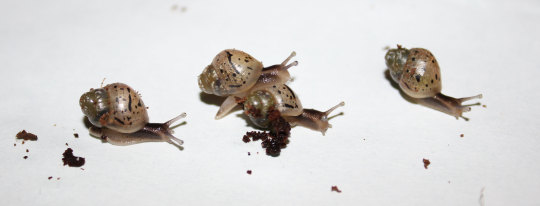
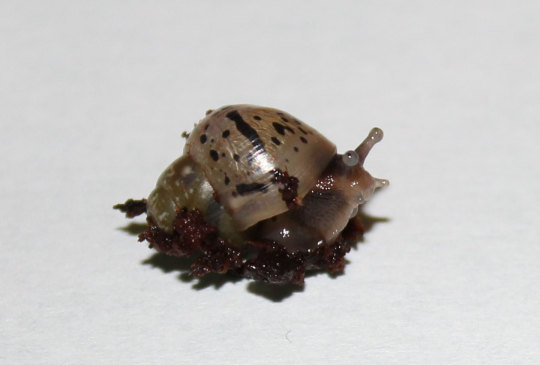

#photography#macro#macrophilia#macro photography#macrophotography#snailblr#snail#slug#pet snails#petblr#pet#pets#mollusk#molluscs#pet animals#photo#photoshoot#animal aesthetic#animal#cute animals#animals#zoo#snails#slugs
25 notes
·
View notes
Text
So, I really love the fact that cats are liquid. So I kinda got a tattoo about it.
BEHOLD! My cat, Ivy Rose, in a jar!
Also included is a photo of my child.
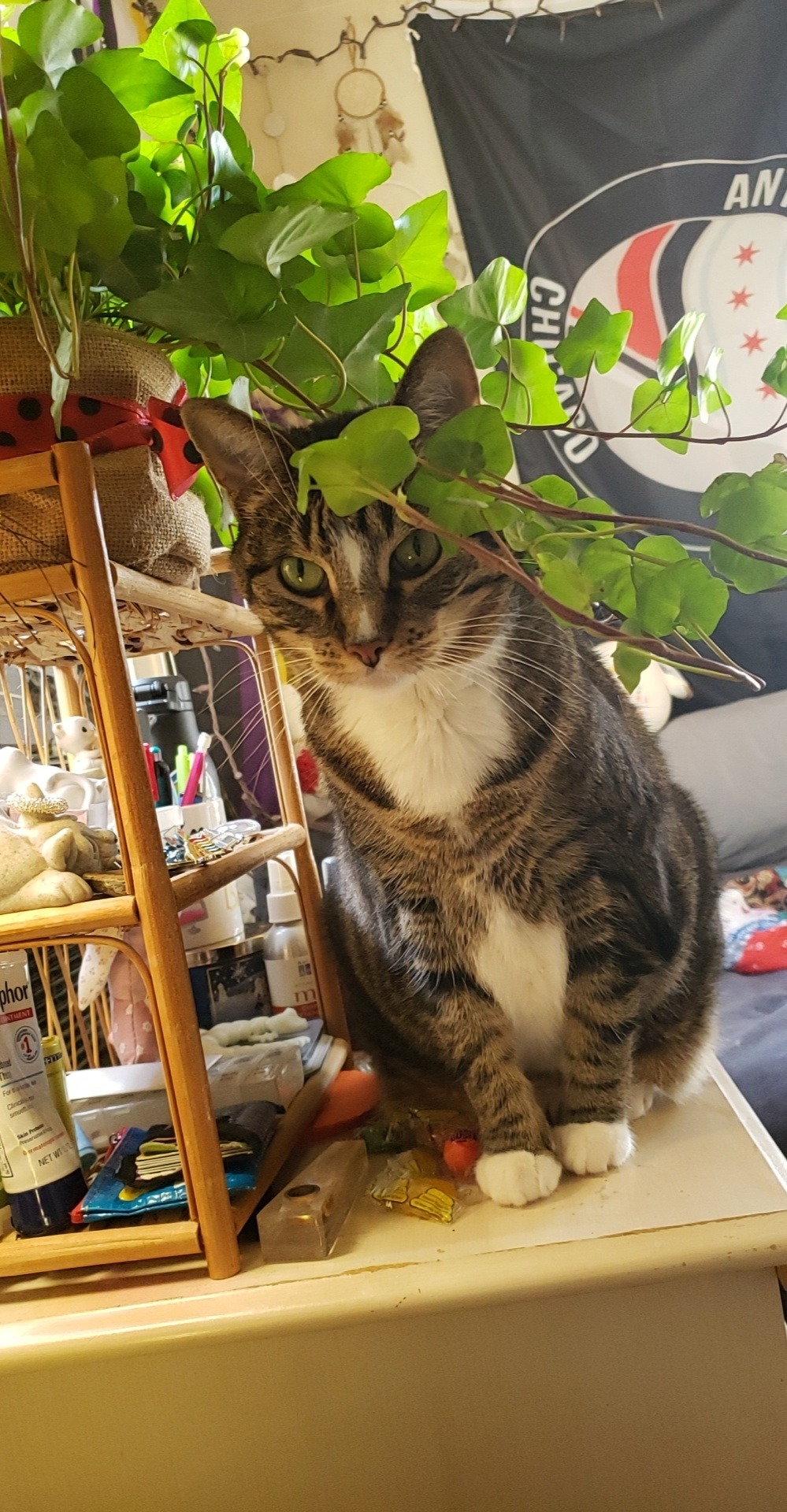
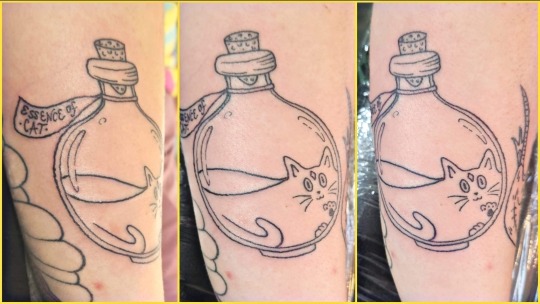
#tattoos#tatted#tattooed#tatto design#body art#cats#cats are liquid#cats of tumblr#my cat child#ink#inked#here have a cat#catlover#cat#cat tattoo#animal tattoo#petblr#pet animals#pets#pets of tumblr#cute cats
37 notes
·
View notes
Text
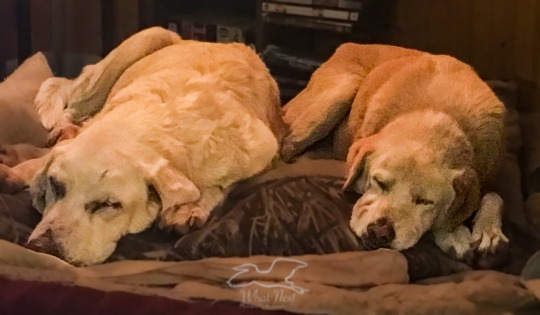
Animals bring joy and happiness into our hearts.
7 notes
·
View notes
Text
5 notes
·
View notes
Text
Can Punganur cows be crossbred with other cattle breeds?

The Unique Punganur Cow: A Treasure of Indian Agriculture
The Punganur cow, also known as Punganur dwarf cow, is a breed indigenous to the Punganur village in the Chittoor district of Andhra Pradesh, India. These cows are renowned for their diminutive size, standing only about 70-90 centimeters tall at the shoulder. Despite their small stature, Punganur cows have gained significant attention due to their exceptional milk-producing capabilities and adaptability to various climates. However, a common question arises: Can Punganur cows be crossbred with other cattle breeds? Let's explore this fascinating topic.
The Significance of Crossbreeding in Cattle Breeding
Crossbreeding is a technique widely used in cattle breeding to combine the desirable traits of different breeds. It aims to improve overall productivity, enhance genetic diversity, and develop cattle with superior qualities. By introducing genetic variations, crossbreeding can often result in increased milk production, better disease resistance, improved fertility, and other favorable traits.
Punganur Cows and Crossbreeding
Punganur cows have a unique genetic makeup and are considered a pure breed. Their small size and ability to adapt to different climates make them valuable for small-scale farmers and those with limited land resources. While crossbreeding is common in the cattle industry, it is essential to carefully consider the implications before attempting to crossbreed Punganur cows.
Read more : -
Challenges in Crossbreeding Punganur Cows
Crossbreeding Punganur cows presents several challenges due to their distinctive characteristics. The small size of Punganur cows is a result of genetic factors specific to this breed. Attempting to crossbreed them with larger breeds may lead to difficulties during the gestation period and calving process, potentially posing risks to the health and survival of the cows and their offspring.
Maintaining Breed Purity
Another factor to consider is the preservation of the pure Punganur breed. Punganur cows are considered a national treasure of India and hold cultural significance. The breed's unique genetic traits and historical importance make it crucial to maintain the purity of the breed. Crossbreeding Punganur cows extensively may dilute their genetic distinctiveness and compromise the breed's purity, which could have long-term consequences.
Potential Benefits and Considerations
While crossbreeding with other cattle breeds may present challenges, there could still be some potential benefits worth exploring. By carefully selecting compatible breeds, it might be possible to introduce desirable traits while minimizing the risks associated with size discrepancies. Crossbreeding could potentially lead to increased milk production, enhanced disease resistance, or improved adaptability to specific environments.
Responsible Crossbreeding Practices
If crossbreeding is pursued, it is essential to adopt responsible breeding practices. This involves conducting thorough research, consulting with experts in cattle genetics, and carefully selecting suitable breeds that complement the Punganur cows' characteristics. By adhering to these practices, it may be possible to achieve the desired outcomes while minimizing any negative impacts.
The Need for Conservation Efforts
Given the unique qualities of the Punganur cows and their historical significance, conservation efforts play a vital role. Conservation programs and initiatives should focus on preserving the pure Punganur breed through responsible breeding practices and promoting awareness about the breed's importance. This approach ensures that future generations can benefit from the distinct traits and genetic diversity offered by the Punganur cows.
Conclusion
Punganur cows are a treasure of Indian agriculture, cherished for their small size, adaptability, and milk-producing abilities. While the question of crossbreeding Punganur cows with other cattle breeds arises, it is crucial to approach the topic with caution and responsibility. The challenges posed by their small stature and the importance of preserving the pure breed highlight the need for careful consideration. If pursued, crossbreeding should be carried out with a thorough understanding of the potential risks and benefits, in collaboration with experts in cattle genetics. By doing so, we can ensure the preservation of this unique breed while exploring opportunities for improvement and increased productivity in Indian cattle farming.
Visit now : -
Read more : -
2 notes
·
View notes
Text




9 notes
·
View notes
Text
WHY ARE YOU SO PRECIOUS

7 notes
·
View notes
Text
Luna says hello hoomans 👋

#guinea pigs of tumblr#guineapigs#guineapig#guinea pig#pets#pets are family#pets are the best#animals are awesome#animals are the best#animals are friends#animals are better than people#animals of tumblr#pet animals#adorable animals#pets animals#cute animals#animals#little pets#cutest pets#adorable pets#love pets#happy pets#small pets#exotic pets#my pets#cute pets#pets of tumblr#guineapigsofinstagram#cute#adorable
95 notes
·
View notes
Text
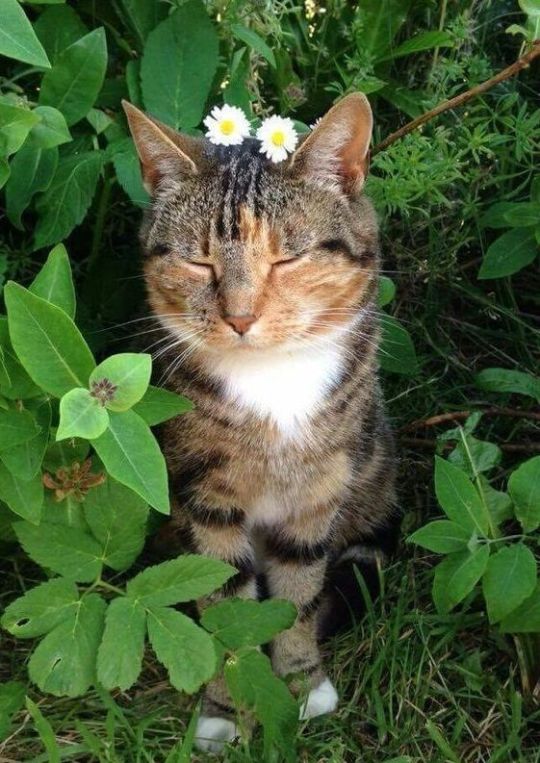

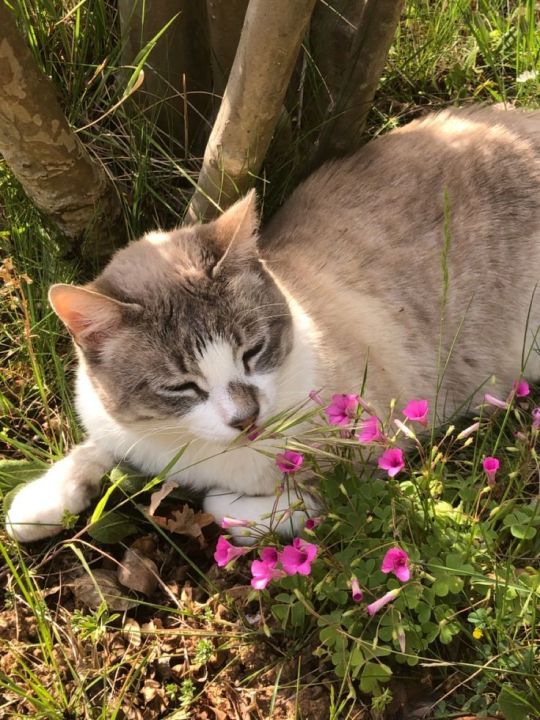
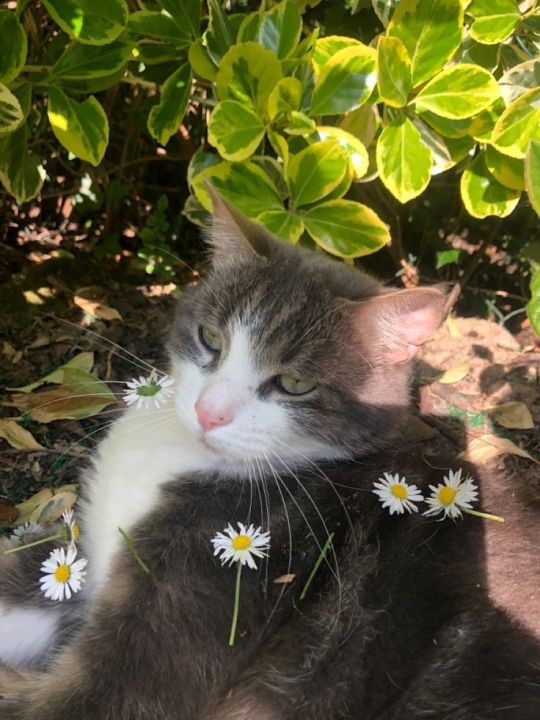
#kitchen#kitten#hello kitty#kitty#kitties#kitty cat#i love cats#my cat#caturday#cute cats#cats of tumblr#photography#naturecore#nature photography#nature#flowercore#flower photography#flowers#pet animals#catbaby#cats
41 notes
·
View notes
Text
“To love a rescuer you must love all of her. You must love the scars covering her body from panicked and hurt animals she was trying to help. You must love her fractured heart, that has been broken so many times she no longer even takes the time to mend the pieces.
To love a rescuer, you must embrace her grit and determination, and know that although she fights a war she can never win, she can and does win a few battles. You must love the tears she will shed over those she lost. You must give her comfort that she refuses to accept, as she blames herself for things she could have never foreseen.
To love a rescuer you must acknowledge the rage she feels towards the world at times, and know that anger is driven by a love of life too few have. You must give her space and room to cry and mourn for the losses that others have caused out of carelessness or cruelty.
To love a rescuer you must understand her passion to heal and save is a calling, not a choice. You must accept that to save animals is part of her soul and without that she could never be happy.
To love a rescuer you must be patient. You must accept her work comes first. She will forgo sleep, forgo food, forgo her life for animals in need. She will work tirelessly until her body and mind fail her completely and she cannot go on.
To Love a rescuer, you must be strong. You must not be threatened by her focus and love of animals. You must accept that the things you love about her, the strength and convictions and loyalty are also what drives her sense of duty to animals in need; you cannot have one without the other.
To love a rescuer you must never ask her to choose, because she will, and it will not be you. “
Thank you to whomever wrote this.
Author Unknown
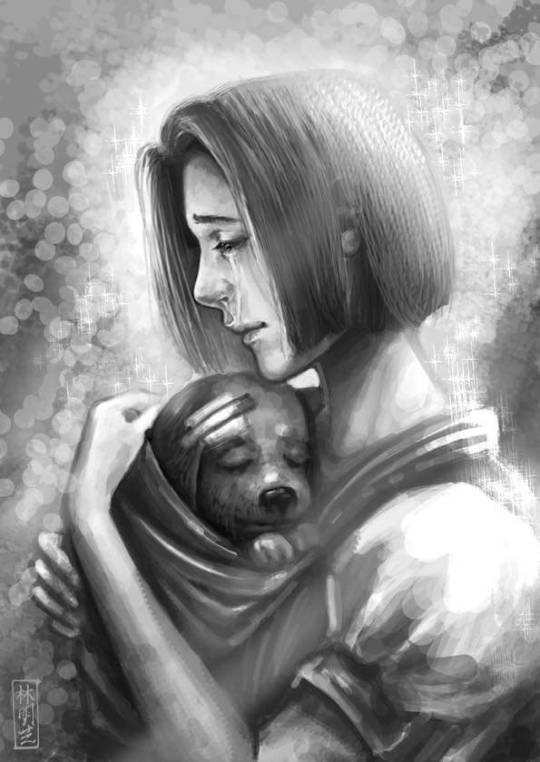
#dogs of tumblr#baby animals#doggosbeingdoggos#dogsofinstaworld#dog puppies#animals#animal lovers#animal looks like bear and dog#pets#pet animals
3 notes
·
View notes
Text
I'm watching this TV show about a shelter in the UK that takes in and rehomes dogs, and some of the episodes are cute (they're certainly filmed that way), but then they had this one dog get handed in called Bear--a pomeranian--because he had an issue with his legs and the owner couldn't afford the vet bill, and that got me thinking.
Wouldn't it be cheaper for the shelters just to cover the vet bills and give them back to their owners, rather than separate them, spend thousands in vet bills, and then sell them off to another family?
Not to mention the ethical aspect. Dogs are familial animals. Taking them from their families can be seriously traumatic. Then you're holding them in what is essentially a cell, where they're alone the majority of the time, looking for a wealthier family to take them when they already had a loving family.
And in the case of this particular dog, they ended up not operating on him after all and didn't call the owner back. That pissed me off. They didn't even have to put up the money for the dog, and the owner was crying when they parted. The shelter still held onto the dog and tried to adopt him out in the same episode.
That got me fucking heated. Instinctively I felt it was morally incorrect, policy be damned.
I've always thought the state was just as responsible for the welfare of the animals within their borders as the people. It's more expensive to run these shelters and all the peripheral services rather than just cover some or all of the associated costs, and it's frankly just the right thing to do. We bred these animals to be totally dependent on us and now we are morally obligated to them. I particularly believe that should fall to the state because of the reasons we can't afford to just keep and care for our animals. The same dirty legislation that is erasing the middle class is funneling pets out of loving homes into a machine that sorts the ones wealthy people want from those they don't, and what happens when you can't afford your pet and a wealthier person doesn't want them? They die.
Anyway, I could go on about that forever if allowed, but my time is worth more to me so I'm cutting it here.
#animal shelter#rehoming#vet bills#pet adoption#animals#dogs#pet animals#government policy#ethical economics#things that piss me off#classism#poverty#euthanasia
5 notes
·
View notes
Text
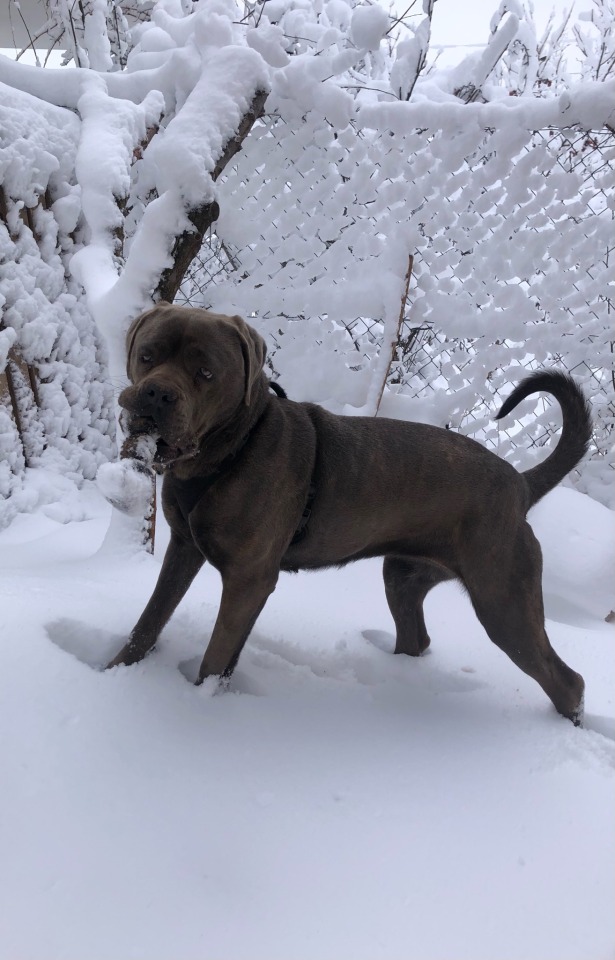

Santo🤍
79 notes
·
View notes
